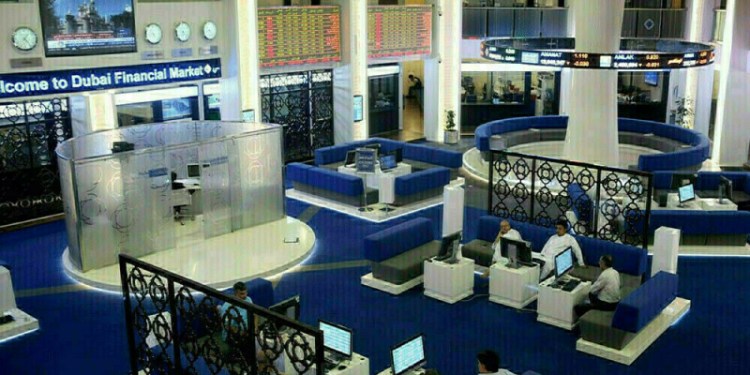 © Reuters. Mexico’s new President Andres Manuel Lopez Obrador poses for photos with supporters as he arrives for an event to unveil his plan for oil refining, in Paraiso
© Reuters. Mexico’s new President Andres Manuel Lopez Obrador poses for photos with supporters as he arrives for an event to unveil his plan for oil refining, in ParaisoBy Michael O’Boyle and Dave Graham
MEXICO CITY (Reuters) – Mexico’s government on Wednesday flagged state oil giant Pemex’s ‘delicate’ finances as it prepared to present the 2019 budget, seeking to reassure markets by saying that the company should not be saddled with more debt to fund upcoming projects.
Plans by new leftist president Andres Manuel Lopez Obrador for a refinery in southern Mexico have fanned investor concerns about potential new burdens on Pemex, which is weighed down with some $106 billion in financial debt.
Addressing lawmakers in a congressional hearing, deputy finance minister Arturo Herrera acknowledged concerns that Pemex risks a credit rating downgrade and said the company would need to be looked after very carefully.
“There isn’t much room to maneuver. What puts the Pemex rating in risk aren’t the projects that have been announced,” he said. “What puts (it) at risk is the financial situation.”
If the government wanted to push projects in Pemex that went beyond its financial means, it would need to find new capital, Herrera said. “It can’t be via taking on more debt.”
Lopez Obrador has not detailed how upcoming projects would be financed, but said government spending on Pemex would increase by around $3.7 billion in the next budget. Savings made elsewhere would pay for oil sector plans, he says.
Earlier, Finance Minister Carlos Urzua told lawmakers in the lower house of Congress that he was targeting a primary budget surplus, which excludes interest payments on past debt, of around 1 percent of gross domestic product (GDP) for 2019.
The government is due to present the budget on Saturday.
Urzua said it was vital Mexico retained the confidence of financial markets and international investors.
“I think it will be a great signal for the country and for the world,” Urzua said of the planned primary surplus.
“We’re a completely open economy, for better or worse, we have to pay attention to how the rest of the world perceives us, especially in the financial sector,” he added.
Lopez Obrador, who took office on Dec. 1, has pledged to increase pensions and cut taxes along the northern border.
That has set a considerable challenge for Urzua, and markets are following the budget discussions closely.
The previous administration targeted a 2018 primary budget surplus of 0.4 percent of GDP, the first such surplus in a decade.
Markets have been skeptical of the Lopez Obrador administration since the former Mexico City mayor said on Oct. 29 he would cancel a partly built $13 billion airport for the capital, arguing the project was tainted by corruption.
That led to a dispute with investors holding some of the $6 billion in bonds issued to finance the hub’s construction. The government last week offered to buy back $1.8 billion of the debt, before sweetening its offer on Tuesday.
Urzua said that what he called a restructuring of the airport debt would not have any negative impact on the budget. Nevertheless, he said Mexico needed to respect foreign investment, as well as attract it to fuel stronger growth.
Source: Investing.com




























